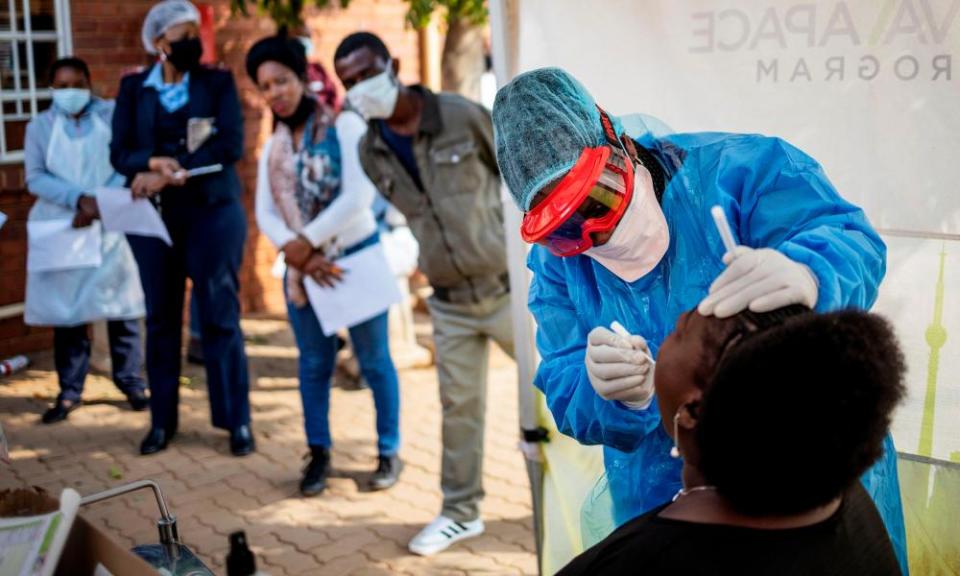Is Covid’s end closer than we think?

Your article (‘Confounding’: Covid may have already peaked in many African countries, 16 September) hints that there may be natural immunity in African countries where Covid-19 has settled down. This is likely to be true, and not just in Africa. If the evidence is closely examined, up to half of the worldwide population may have natural immunity. In none of the natural “experiments” of Sars-CoV-2 exposure within a closed group has the infection rate risen above 50%. In Lombardy, a study of 5,484 individuals who had been exposed by close contact with an infected individual were tested for antibody positivity, with 51.5% testing positive.
This hints at pre-existing natural immunity in the population. This has been convincingly demonstrated, with a study in Nature showing that 35% of a population cohort using historical samples had demonstrable CD4 T cell activity against Sars-CoV-2, never having been previously exposed to the new virus.
The implication is that 35%-50% of the population is naturally immune, and up to 25% antibody prevalence is being approached in some areas of the world (17.5% in London). We could already be approaching 75% immunity in those regions, well within the estimated 60%-80% needed for herd immunity. So, where death rates have settled to historical norms, this would be explicable by natural immunity. We may be closer to the end of this pandemic than we think.
Prof Moin Saleem
University of Bristol
• During the past six weeks we have received good-quality information from Chicago, Heidelberg, Bari, Israel and Iran demonstrating that low blood levels of vitamin D lead to an increased risk of Covid-19 infection, and high risks of severe or fatal disease. From Spain we have received the result of a randomised controlled trial demonstrating that vitamin D (in its part-activated form calcidiol) given to 50 patients on admission to hospital with Covid-19 pneumonia reduced the need for intensive care from 50% (in the control group) to 2%, and eliminated deaths.
This information must not be ignored. It requires attention and action in the UK now. We must boost our blood levels of vitamin D, especially as we have reached mid-September, and at our latitude the production of vitamin D in the skin will have come to an end for 2020.
Dr David Grimes
Langho, Lancashire

 Yahoo News
Yahoo News 